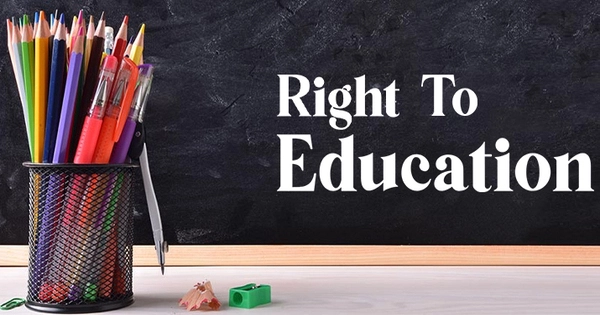The right to education is a fundamental human right recognized by the United Nations. It states that every individual has the right to receive education, regardless of their gender, race, ethnicity, or any other characteristic.
The right to education is enshrined in several international legal instruments, including the Universal Declaration of Human Rights and the International Covenant on Economic, Social and Cultural Rights. These documents recognize education as a key tool for personal and social development, and stress the importance of making education accessible to all.
The right to education has been recognized as a human right in a number of international conventions, including the International Covenant on Economic, Social, and Cultural Rights, which recognizes a right to free, compulsory primary education for all, an obligation to develop secondary education accessible to all through the progressive implementation of free secondary education, and an obligation to develop equitable access to higher education, ideally through the progressive implementation of free secondary education. The Covenant had 171 signatories as of 2021.
The right to an education is a basic human right. Every individual is entitled to a free elementary education, regardless of race, gender, nationality, ethnic or social origin, religion or political preference, age, or disability. In 2019, an estimated 260 million children worldwide did not have access to school education, and social inequality was a major cause. The Human Rights Measurement Initiative measures the right to education for countries around the world, based on their level of income.
Governments have the responsibility to ensure that every individual has access to quality education without discrimination. This includes providing free primary and secondary education, promoting equal access to higher education, and investing in education infrastructure and resources. The right to education is crucial for the realization of other human rights, such as the right to work, the right to health, and the right to participate in social and cultural life. Education also plays a critical role in promoting sustainable development, reducing poverty, and building peaceful and resilient societies.
In addition to the role of governments, the right to education also places responsibility on parents and individuals to ensure that they take advantage of educational opportunities and participate in their own education. Overall, the right to education is essential for the development and well-being of individuals and society as a whole.
















